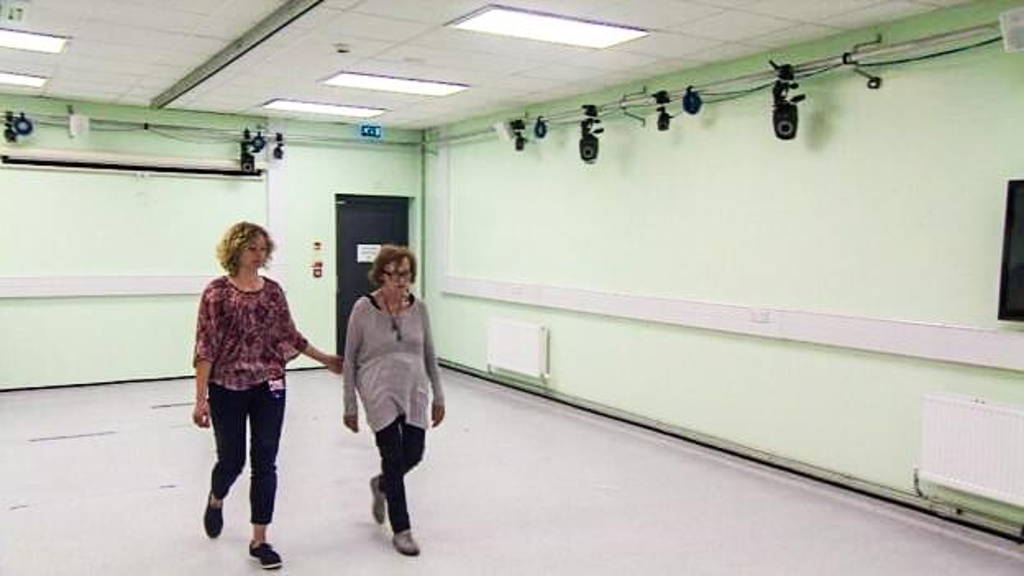Experts hope to find markers on the eye scans, brain scans or in the blood. For this study, funded by the National Institute for Health Research and the Medical Research Council,, the assistance is requested by 250 volunteers, including former academic Peter Lindon. He has Alzheimer's and hopes his cooperation helps to answer tough questions.
"That it is important is an understatement, because losing your short-term memory has a lot of consequences," he says. "The main question that people have is how much time they have between being competent and becoming incompetent." Peter Lindon has to undergo many tests, both mentally and physically, to help researchers identify biomarkers in an early stage. That's probably the best way to find an effective therapy.
Every three minutes someone in the UK becomes demented, mostly from Alzheimer's. Alzheimer's disease is caused by faulty proteins under the name amyloid and tau, which accumulate in the brain. Research already showed that a lot and good quality sleep can delay the onset of the disease.
"For more than a decade 99% of the clinical trials for Alzheimer's failed," says Jennifer Lawson from Oxford University. "We think that's because we start the tests too late. By the time someone at the doctor claims to have memory problems and the diagnosis is Alzheimer's, it is highly probable that the brain has already been attacked by the disease for 10 to 20 years."
In a well-equipped laboratory in the Clinical Ageing Research Unit at the University of Newcastle another volunteer, Trish Jones, is testing how she walks, known as the "Gait test".
This research makes use of inexpensive and portable wearable technology to track how they walk, so they can use the technology in their everyday activities. This gives researchers a fairly accurate picture of what is really happening. "When I walk home I wobble. Here in the lab where everything is straight, I do not! This gives a distorted picture, so it is important that you do this for seven days, because when I normally walk, I can be distracted. "
"That it is important is an understatement, because losing your short-term memory has a lot of consequences," he says. "The main question that people have is how much time they have between being competent and becoming incompetent." Peter Lindon has to undergo many tests, both mentally and physically, to help researchers identify biomarkers in an early stage. That's probably the best way to find an effective therapy.
Every three minutes someone in the UK becomes demented, mostly from Alzheimer's. Alzheimer's disease is caused by faulty proteins under the name amyloid and tau, which accumulate in the brain. Research already showed that a lot and good quality sleep can delay the onset of the disease.
"For more than a decade 99% of the clinical trials for Alzheimer's failed," says Jennifer Lawson from Oxford University. "We think that's because we start the tests too late. By the time someone at the doctor claims to have memory problems and the diagnosis is Alzheimer's, it is highly probable that the brain has already been attacked by the disease for 10 to 20 years."
In a well-equipped laboratory in the Clinical Ageing Research Unit at the University of Newcastle another volunteer, Trish Jones, is testing how she walks, known as the "Gait test".
This research makes use of inexpensive and portable wearable technology to track how they walk, so they can use the technology in their everyday activities. This gives researchers a fairly accurate picture of what is really happening. "When I walk home I wobble. Here in the lab where everything is straight, I do not! This gives a distorted picture, so it is important that you do this for seven days, because when I normally walk, I can be distracted. "






